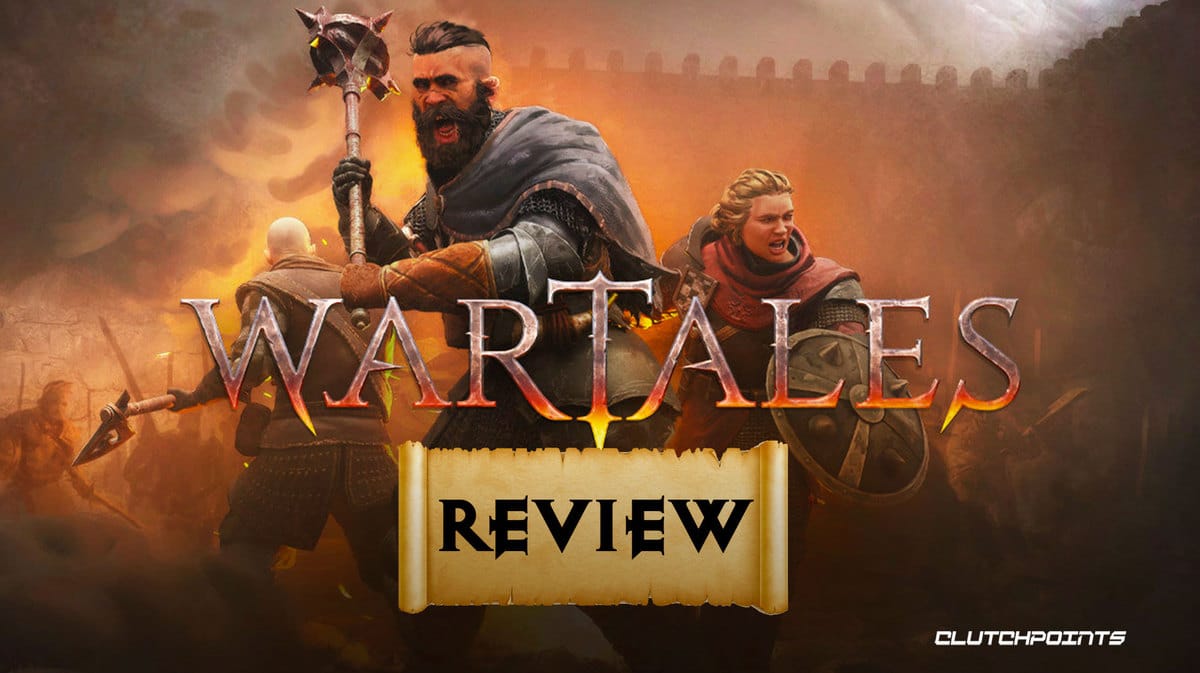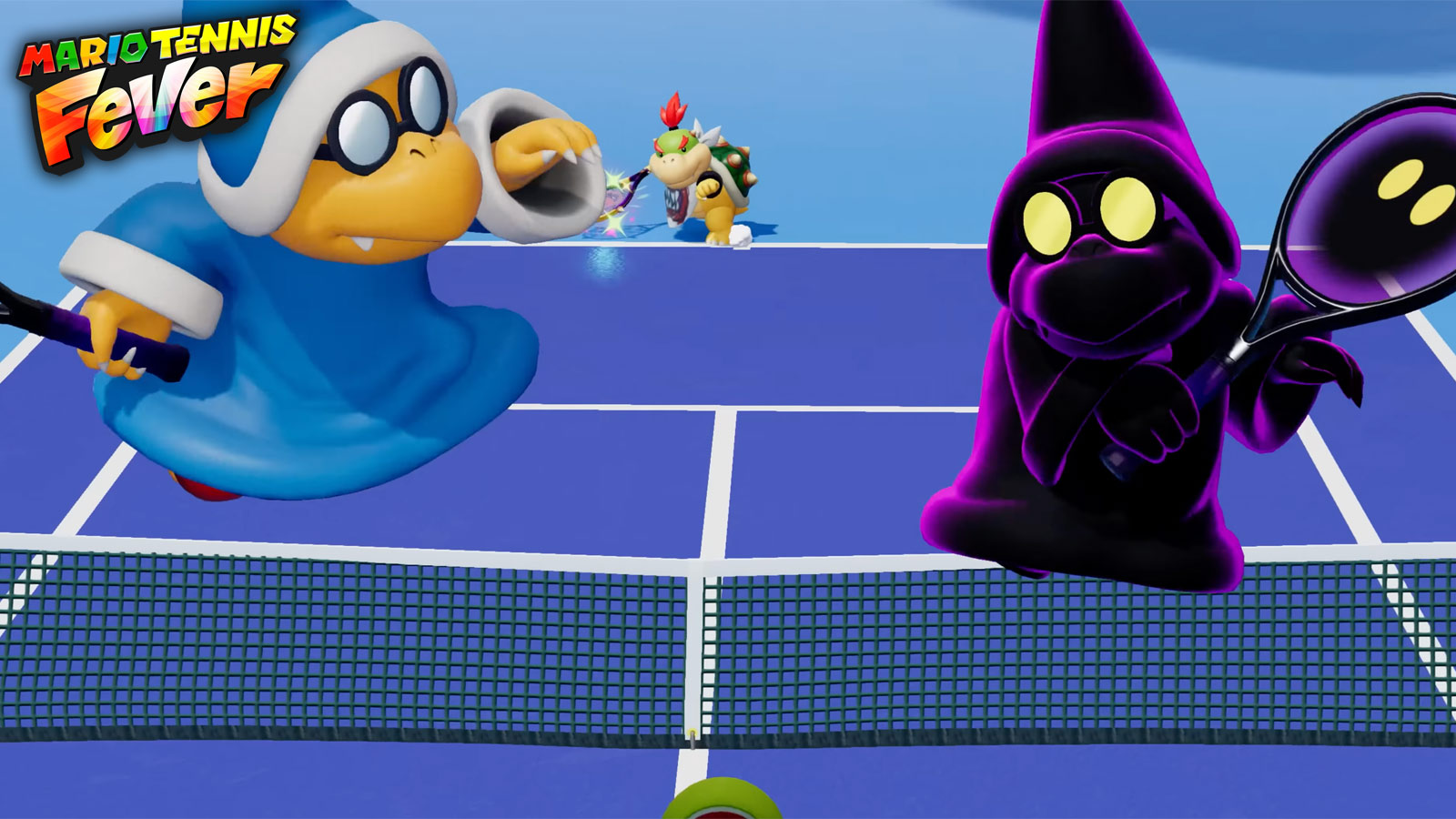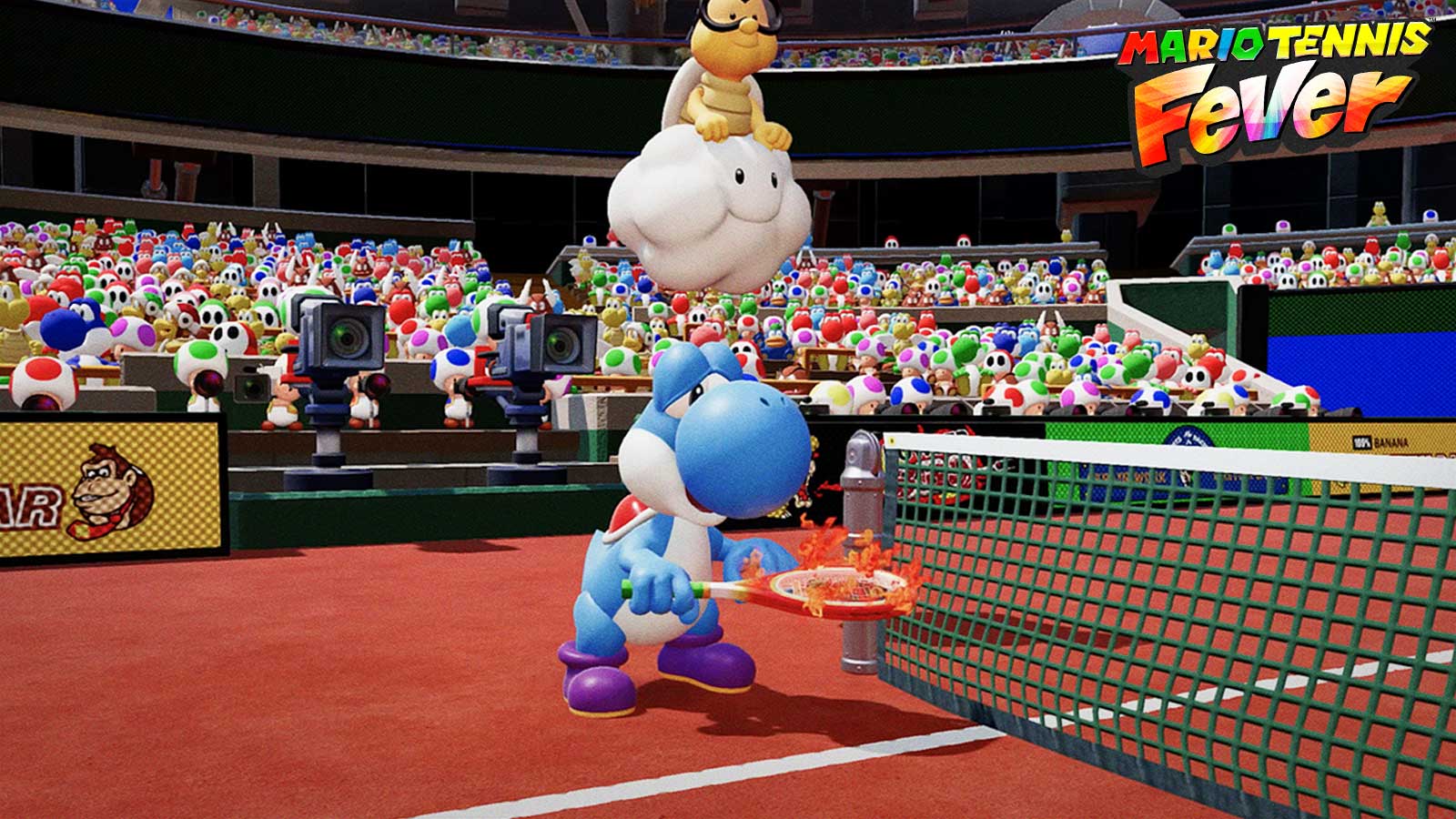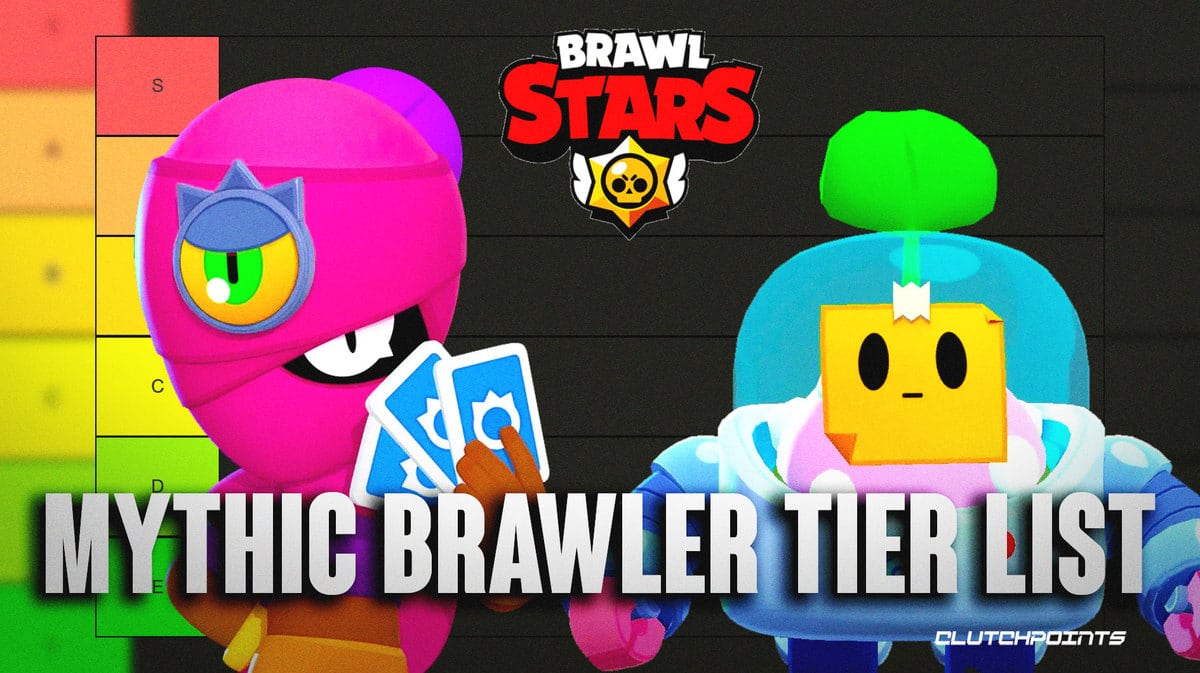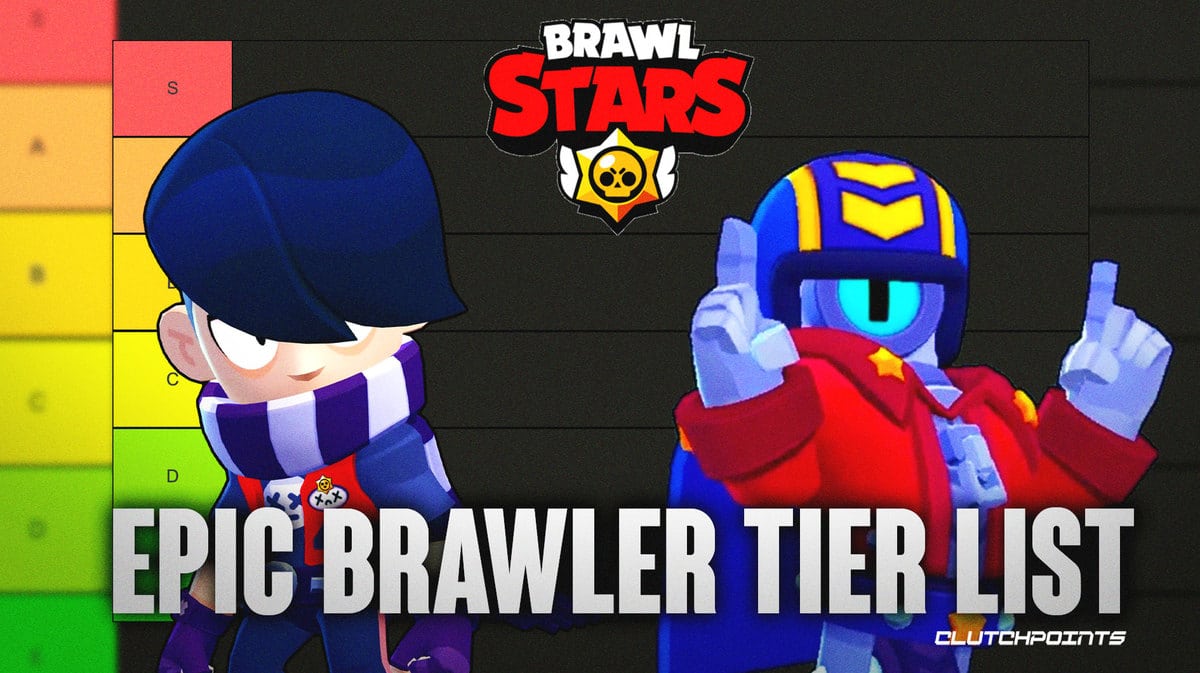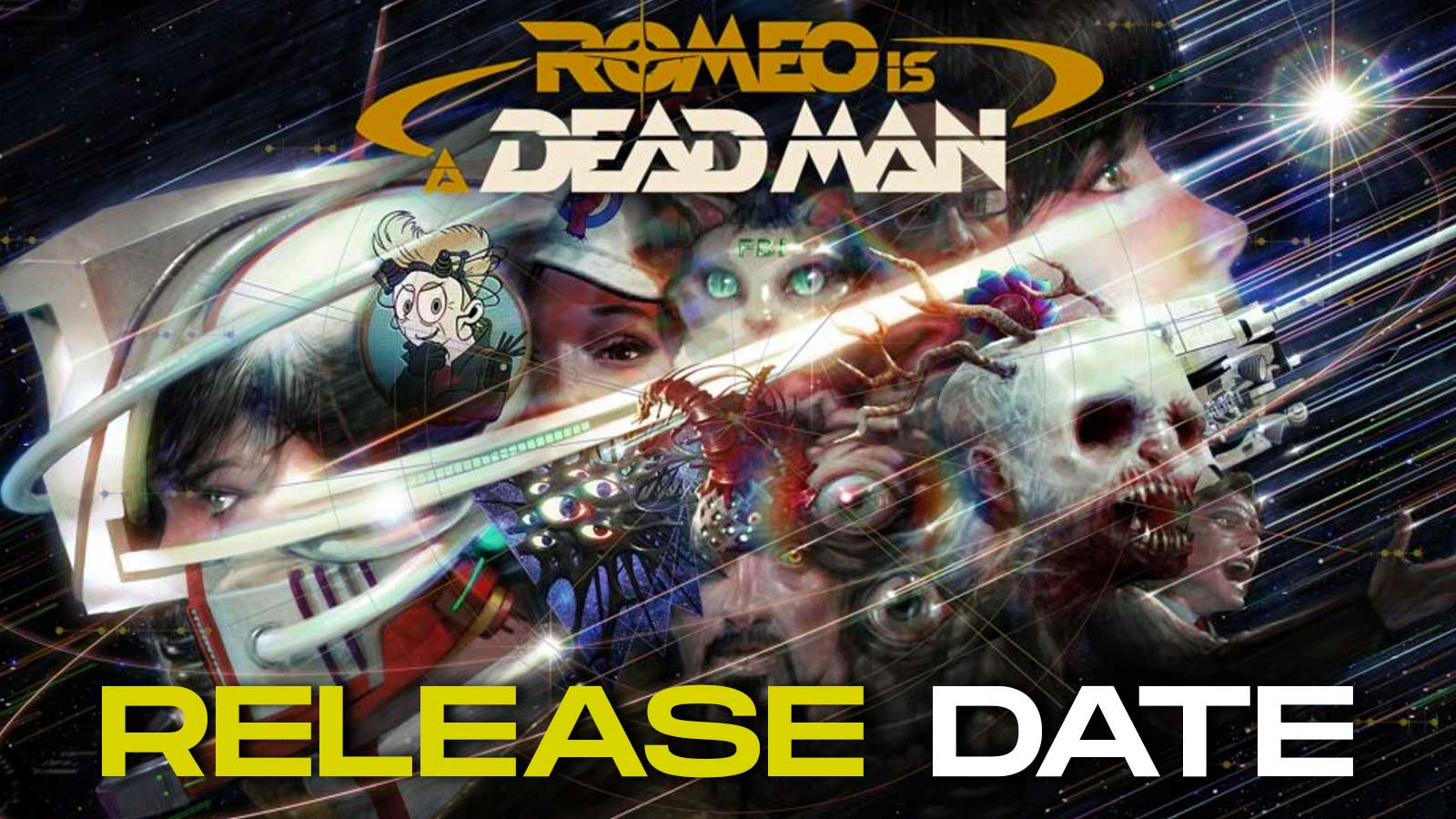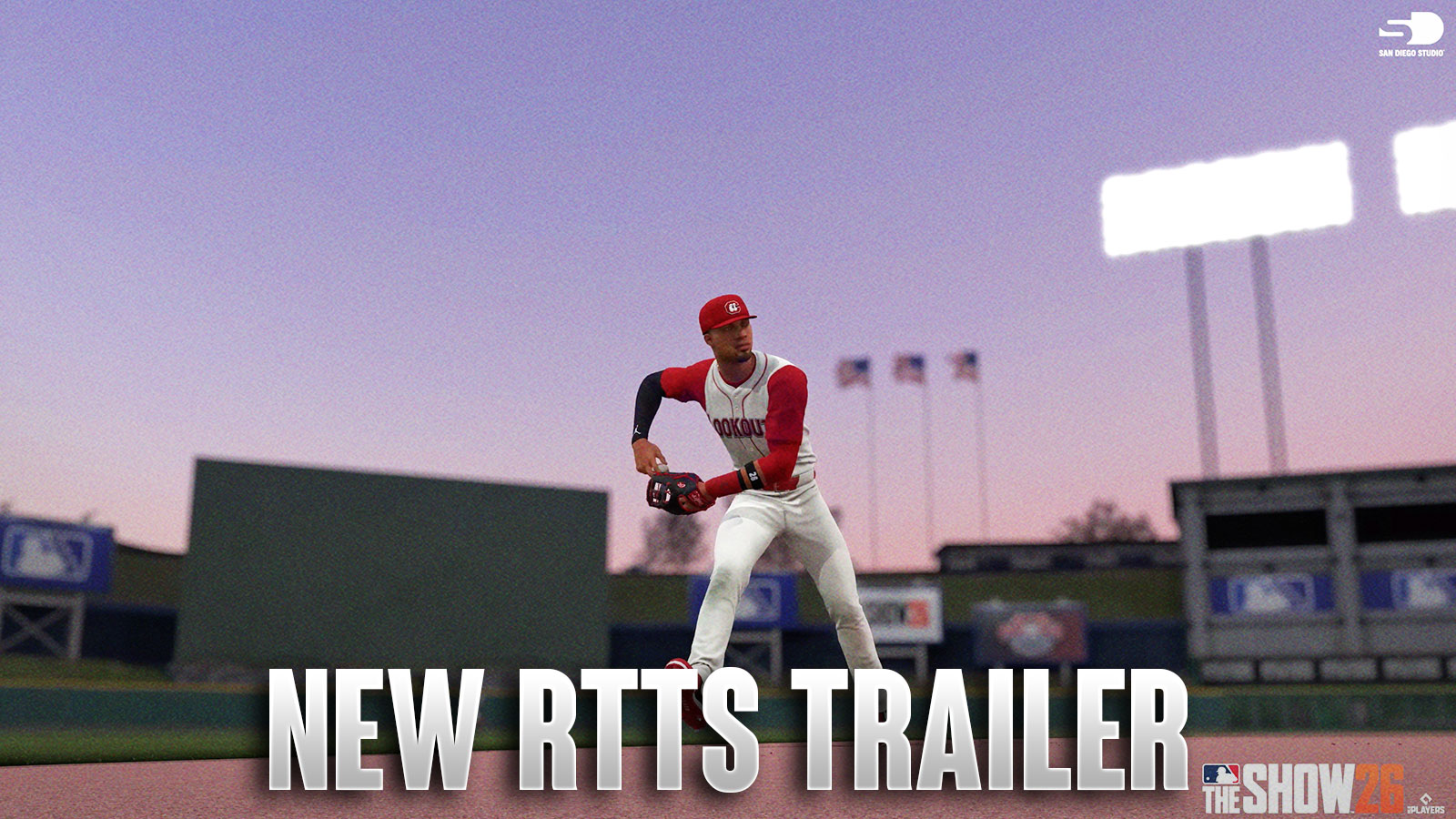Wartales is a good game with great potential, a title conceived with a great vision but has failed to deliver on its promise. This is our Wartales review.
Wartales Review: What is Wartales?
Wartales is a tactical RPG in a sandbox open world, developed and published by Shiro Games, creators of Northgard, Evoland, and Dune: Spice Wars.
Wartales is slightly different from Shiro's other games, in that it has an even darker tone and has permadeath mechanics for every member of your merry mercenary band. The game takes place in a war-torn land that has led to a refugee crisis that drives many of the game's early plot lines. Apart from war, the land is also being threatened by a spreading plague, and ghostly beasts that victimize those who dare to cross the fog.
In Wartales, war, plague, and ghastly beings provide opportunities for enterprising mercenaries, putting both their talents and morals to the test, as they catch this opportunity to better their lots in life. Will you be a noble mercenary who fights for the weak and stands up against oppressors? Or will you resort to banditry and thievery, forsaking your honor in the name of gold?
Gameplay
Wartales' core gameplay loop involves traveling on a vast map from one key location to another, stopping by a central hub – usually a town – to recuperate between missions. Players progress the story either by taking up contracts or by buying information from brokers using influence. Completing the quests that result from these have the potential to contribute to an area's general story. In the game's first area, the region of Tiltren County, an independent state that is still a bit far from the war's epicenter. With the relative tranquility of this region, refugees from elsewhere in the Kingdom have poured into the County. Many quests you complete in this location are just one-off deals that lead to payoffs of gold and loot, but some contribute to “The Fate of Tiltren,” as you choose between siding with the refugees or with the inhabitants of Tiltren.
Quests are mostly completed through combat, which puts the player on a grid-based battlefield. The player's party takes turns with the AI in moving their units and taking action. There are a few interesting design decisions at play here that makes it play different from other tactical RPGs. First, the player's characters take turns at any order. As long as it's the player's turn, they get to choose which character to move. Most of the time, the player's turn alternates with the AI's, but the AI's move order is set and the player can see it, allowing the player to exploit this by eliminating first whoever's moving next from the opposing side. There's also an engagement system that locks units with an opponent, preventing them from moving or targeting another opponent, when they engage in melee combat. This adds a nice layer of strategy to the game and makes it more important to get your ranged units away from melee enemies.
Outside of combat, players also need to take care of the mercenaries' upkeep by keeping them well fed and making sure their armor is well-maintained. Every after battle, characters may get injured when they get damaged enough, or get their armor reduced to inefficacy if damaged enough. These are fixed by curing your injured with medicine and fixing your armor with spare tools.
The game can't help but feel lopsided, though. Materials needed to upgrade equipment are few and far between, and even though the game has a lot of trees in the forest, lumber somehow is only harvestable in resource points around the map. Armor in this game is very important to progress, as the character's growth from leveling up doesn't do much in terms of scaling up to the game's more challenging sections, so it's mostly a grind to collect coin to maintain your troops and resources to upgrade your characters' armor, one character at a painful grind-filled time. The game's difficulty also feels lopsided because of the aforementioned turn order. Wartales always has any army you encounter scale in number based on your troop count, so it doesn't make sense at all to amass a large army as it also actually just makes things harder for you as it will require even more resources to maintain, while not giving you any benefit as growing in number will never let you outnumber an enemy troop.
It's also very easy to fall into banditry and thievery because there's relatively little consequence from doing so. Doing crimes in this game will fill in a Wanted meter, which, when filled, will have patrolling guards on the overworld try to stop you to apprehend you. However, it doesn't stop your troop from visiting any of the locations, nor does it actually affect your troop's reputation, as such they are still welcomed with open arms even though infamy follows in their wake. It's also very easy to just avoid the guards, which makes waiting out while your Wanted depletes over time a very easy task. So, if there are virtually no repercussions, why avoid it at all?
Although we haven't gotten the opportunity to try the game's 4-player coop mode, it's worth noting that the game features that game mode.
Story
War serves as a backdrop for Wartales. This has caused a massive refugee crisis, which becomes the driving force behind many of the game's early plot lines. Well, plot lines here are used loosely, as most of the story you get mostly starts with the acceptance of a contract and ends with the completion of a battle. Stories rarely interconnect, although some decisions you make could lead to minor differences in stories down the road. There isn't a lot of weight in the choices you make, though, and it doesn't feel like there are a lot of repercussions for choosing incorrectly in many of these cases.
As a sandbox open world game, Wartales allows its player to generate their own stories, told through the unique adventure that their merry band of mercenaries go through. This is told through quests and contracts that your characters take, the progression you develop for them, and the events that they go through during the entirety of their journey. It is the player who creates the story in their head for their characters, with the world just as a backdrop and the events as a device to develop those stories. Just like in other games with generic characters and permadeath, players get to develop a special bond with the characters they grow and rear, making each and every death all the more painful.
Graphics
The game features beautiful dark medieval graphics, and all artworks used in the game feel polished. However, some questionable UI elements will leave players scratching their heads. One such problem includes having to play point-and-click looking for objects to interact with in locations, as the game doesn't feature any sort of outline to highlight interactable objects. And unlike old-school RPGs, these interactable objects don't stick out like a sore thumb by somehow having a different resolution compared to the pre-rendered backgrounds. These objects blend in perfectly with the scenery, making it hard to discover what there is to interact with. It's a questionable design decision given how the developers are fine with highlighting interactable objects in the overworld, whose location is betrayed by a blinking star-like asterisk. Other troops on the overworld are also distinguished using banners that immediately communicate with the player what they are and whether or not they should be avoided or engaged.
The character models are fine, but they are also nothing spectacular. Although I personally appreciate it anytime the characters' look changes with their gear, which in this game does. Customization is also just fine, but having unique-looking characters also helps in making the player much more invested in them. Finally, the game's rustic look really fits into the game's themes and overall design.
Music and Sound Design
Wartales' music and sound design are thematic, albeit not very noteworthy. The music is definitely original but feels like a tune you've heard from other medieval-themed games in the past, and there's nothing that makes any of the game's music and sound design shine or stand out. It's serviceable, and it doesn't really need to be anything but, actually.
Verdict: Is Wartales Good? Is It Worth Your Time and Money?
All in all, Wartales is a game that has all of the proper ingredients but the wrong recipe. It has tons of potential as long as the developers manage to continue iterating the design to make it more engaging. The game's systems are great on their own but don't really meld together, making them feel disparate and directionless. Speaking of directionless, the game also lacks a lot in terms of narrative and making the player care about what's going on in the land and caring for the people they interact with.
It's very easy to sink dozens of hours playing this game, but rarely have I played a game that doesn't move much in terms of progression even with that much time investment put into it. The game feels slow and bogged down by the way its progression system is implemented, with players at the mercy of the equipment. The grindy nature of resource collection and keeping up with the army's upkeep also prevents players from just going about their journey and moving from one location to another. Another issue is that the game doesn't give you much incentive to move on from one region to another, as there is an endless supply of contracts for players to complete. Sure, there are trade contracts that would incentivize players to travel elsewhere, but apart from that, nothing compels the player to move on and continue the journey.
I hope that Shiro Games continues to develop Wartales as it's clearly a game with a lot of potential. It only needs some tinkering and some balancing, and a more active world rather than its current passive state, and Shiro Games will have in their hands that will instantly become a classic title that many players will play for years and years.
Score: 6.5/10
Editor’s Note: ClutchPoints received a PC review copy to allow us to cover this game. This copy does not, in any way, affect this Wartales Review’s final score and verdict.

